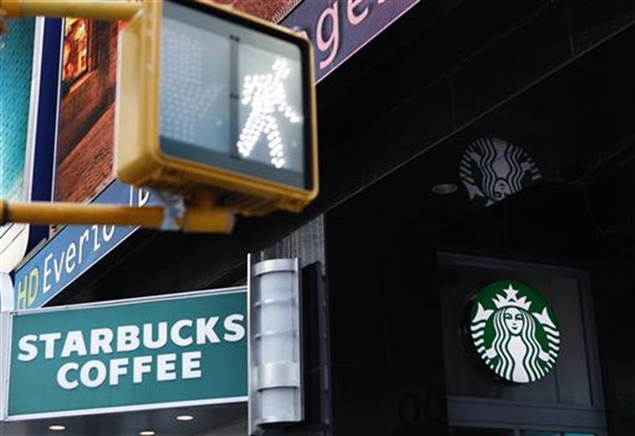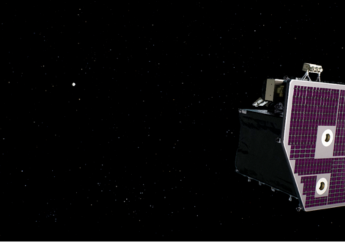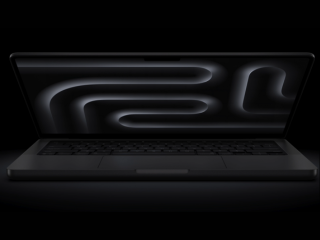- Home
- Mobiles
- Mobiles News
- Square goes grande with Starbucks tie up for mobile payments
Square goes grande with Starbucks tie-up for mobile payments

As part of the deal announced on Wednesday, the world's biggest coffee chain will also invest $25 million in Square, the San Francisco-based company led by Jack Dorsey, co-founder of social media company Twitter Inc. Starbucks CEO Howard Schultz will also join Square's board
Starbucks acquired its stake as a participant in Square's recent $200 million funding round that valued the company at $3.25 billion - sharply up from its $1.6 billion valuation just a year ago - a person familiar with the matter said.
For Square, "the Starbucks deal will bring millions and millions of consumers to their application," said Dana Stalder, a partner at venture-capital firm Matrix Partners and former chief operating officer at PayPal.
The alliance comes as Square faces increasingly stiff competition from rivals such as eBay Inc and Intuit Inc as everyone rushes to offer mobile payment processing tools.
The swift rise of these tools in recent years has led some observers to predict a future in which consumers leave wallets at home. That could transform retailing, but also create security headaches for existing payment processing businesses.
News of the deal sent the shares of VeriFone Systems Inc - a company that produces a widely used credit card processing machine - tumbling about 12 percent to $34.18 by the close of trading on Wednesday. Earlier this year, VeriFone launched a product called Sail that competes with Square.
Currently, Starbucks uses the payment-processing services of a bank, a person familiar with the situation said, while declining to name the bank. Processing services from major banks include Bank of America Merchant Services and JP Morgan Chase & Co's Chase Paymentech. Starbucks declined to comment on its existing processor.
Rewiring
At least initially, the Starbucks partnership will only rewire the way lattes and frappucinos are charged. Square technology will be integrated into Starbucks' existing point-of-sale hardware and consumers will not notice anything different as a barista swipes their credit cards.
But in the future, Starbucks said it plans to roll out certain cutting-edge Square products, including one that allows stores to use proximity sensors to pick up when a user carrying a smartphone loaded with Square's app has walked in the door. Clerks could accept payments simply by taking that user's name and charging their account.
"The level of innovation was so compelling," Schultz said in an interview on Tuesday.
But the proliferation of such technology has also raised concerns.
"There are a number of problems there - from somebody stealing your device to the problem of the drive-by download," said Chris Hoofnagle, a lecturer at the University of California, Berkeley Law School. "On the other hand, maybe presenting your name and face could reduce skimming risk - of somebody taking your card and copying the information."
Credit card issuers, meanwhile, welcomed the deal, saying it helps spread the use of their consumer credit offerings.
"Square is enabling transactions to flow electronically. That's always good," Visa Inc CEO Joe Saunders said in an interview on Wednesday on CNBC. Visa made an investment in Square last year.
But in the long run, getting consumers to download the app, rather than simply handing over their credit cards, is important for building up the more profitable aspects of Square's business, such as potentially getting consumers to link bank accounts to the service, analysts said.
"Square has done an incredible job on the merchant side of its business," said Stalder. "The piece of the equation they've had less success with is the consumer side."
Stalder said that to further cement consumer loyalty, Square should target other types of stores that attract frequent repeat business, such as quick-serve restaurants.
If Square catches on broadly, it will also likely impact providers of back-end services known as merchant acquisition - basically, providing the bridge between the merchant and the big payment networks such as MasterCard Inc and Visa. Competitors in this area include Intuit, First Data Corp and Total Merchant Services.
Some of them shrugged off the deal. "Anything that generates awareness of mobile payments is beneficial for everybody involved," said Chris Hylan, general manager of mobile-payments at Intuit, which focuses on small businesses.
Lower procession fees
Starbucks has been a successful early adopter of technology ranging from mobile payment options to social media marketing tools such as Facebook Inc and Twitter.
In early 2011, it released a mobile phone app that lets users load money onto smartphones, which are then scanned at the cash register to pay for drinks. It now boasts more than 1 million mobile transactions a week in the United States.
Schultz said the tie-up would lower payment processing fees at the coffee chain's almost 7,000 company-owned shops in the United States, but he did not say by how much.
In its quest for small business clients who do not currently accept credit cards, Square typically touts its flat 2.75 percent per transaction fee as a simple alternative to the various fees some payment processors charge.
The company has grown swiftly, saying in June that it was processing more than $6 billion a year in payments.
Dorsey declined to disclose the rate that Square extended to Starbucks, which rang up more than $8 billion in U.S. sales through its 6,705 company-operated and 4,082 licensed shops in fiscal 2011.
"Obviously as you scale up, you do see reductions in cost and Starbucks is a very significant scale compared to a lot of other merchants in the world," Dorsey said.
It is likely Square cut the rate it typically charges merchants to match or beat the one Starbucks was paying its processor, perhaps in the low 2 percent range, Stalder said.
"I suspect this is not about making money," he said. "This is about consumer adoption of their platform."
Schultz has a soft spot for start-ups, co-founding Maveron LLC, a Seattle-based venture-capital firm, and investing in daily-deals site Groupon Inc while it was still a private company.
Copyright Thomson Reuters 2012
For details of the latest launches and news from Samsung, Xiaomi, Realme, OnePlus, Oppo and other companies at the Mobile World Congress in Barcelona, visit our MWC 2026 hub.
Related Stories
- Samsung Galaxy Unpacked 2026
- iPhone 17 Pro Max
- ChatGPT
- iOS 26
- Laptop Under 50000
- Smartwatch Under 10000
- Apple Vision Pro
- Oneplus 12
- OnePlus Nord CE 3 Lite 5G
- iPhone 13
- Xiaomi 14 Pro
- Oppo Find N3
- Tecno Spark Go (2023)
- Realme V30
- Best Phones Under 25000
- Samsung Galaxy S24 Series
- Cryptocurrency
- iQoo 12
- Samsung Galaxy S24 Ultra
- Giottus
- Samsung Galaxy Z Flip 5
- Apple 'Scary Fast'
- Housefull 5
- GoPro Hero 12 Black Review
- Invincible Season 2
- JioGlass
- HD Ready TV
- Latest Mobile Phones
- Compare Phones
- Apple iPhone 17e
- AI+ Pulse 2
- Motorola Razr Fold
- Honor Magic V6
- Leica Leitzphone
- Samsung Galaxy S26+
- Samsung Galaxy S26 Ultra
- Samsung Galaxy S26
- MacBook Pro 16-Inch (M5 Max, 2026)
- MacBook Pro 16-Inch (M5 Pro, 2026)
- Apple iPad Air 13-Inch (2026) Wi-Fi + Cellular
- Apple iPad Air 13-Inch (2026) Wi-Fi
- Huawei Watch GT Runner 2
- Amazfit Active 3 Premium
- Xiaomi QLED TV X Pro 75
- Haier H5E Series
- Asus ROG Ally
- Nintendo Switch Lite
- Haier 1.6 Ton 5 Star Inverter Split AC (HSU19G-MZAID5BN-INV)
- Haier 1.6 Ton 5 Star Inverter Split AC (HSU19G-MZAIM5BN-INV)
















